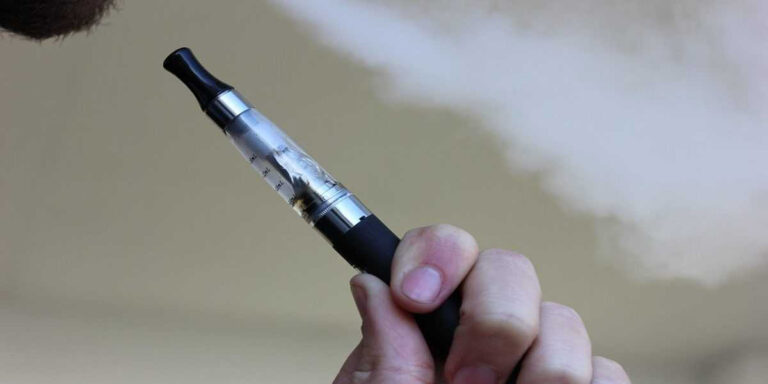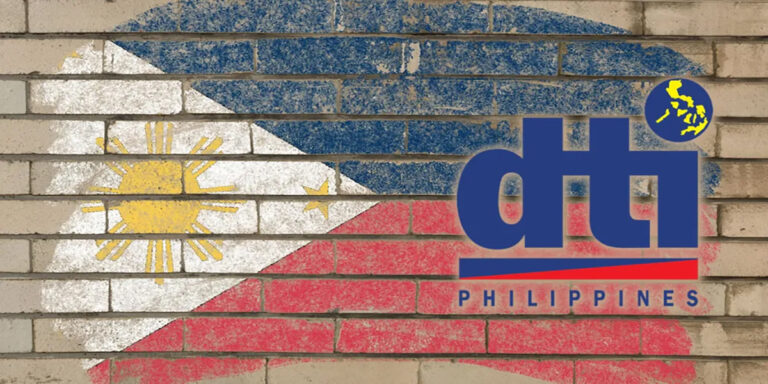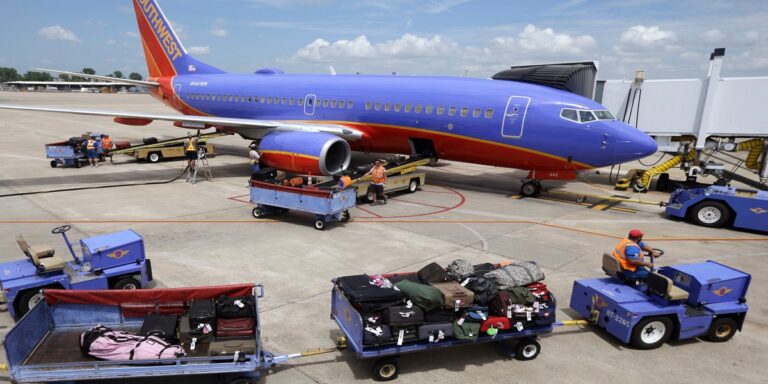On July 9, the Brazilian Senate’s Economic Affairs Committee (CAE) will review a legislative proposal concerning the production and sale of e-cigarettes in Brazil. Proposed by Senator Soraya Thronicke (Podemos-MS), this regulation could significantly impact the e-cigarette market and public health policies in the country. The proposal covers various aspects, including production, import, export, commercialization, control, supervision, and advertising of e-cigarettes.
Legislative Process
The review by the Economic Affairs Committee marks the first step in the legislative process. Following this, the proposal will be submitted to the Senate’s Transparency, Governance, Oversight, and Consumer Protection Committee for further consideration. This multi-step process ensures thorough scrutiny and debate, involving various stakeholders and expert opinions before any final decision is made.
Proposal Details
The proposal aims to regulate multiple facets of the e-cigarette industry, ensuring comprehensive oversight. It includes measures on production, import, export, commercialization, control, supervision, and advertising. Senator Eduardo Gomes (PL-TO), the rapporteur for the proposal, has expressed strong support, highlighting the need for stringent regulations to protect public health.
Key points of the proposal include:
- Prohibiting the sale or distribution of e-cigarettes to minors under 18.
- Restricting the use of e-cigarettes in enclosed environments.
- Banning certain substances in the aerosol, such as vitamins, caffeine, taurine, colorants, additives containing vitamin E, mineral oil, vegetable oil, or animal fat, and other components deemed unsuitable for heating and inhalation or posing unacceptable health risks.
Historical Context and Potential Impact
Since 2009, e-cigarette products have been banned by Brazil’s National Health Surveillance Agency (Anvisa). This longstanding prohibition underscores the country’s cautious approach to tobacco alternatives. If the new regulation is approved, e-cigarettes will be subject to the same stringent controls as traditional cigarettes, marking a significant shift in policy.
The potential impact includes:
- Enhanced consumer protection through regulated product standards.
- A more structured market environment for manufacturers and retailers.
- Potential public health benefits by reducing unregulated e-cigarette use and associated risks.
Regulation of E-Cigarettes vs. Traditional Cigarettes
The proposed regulation aims to align e-cigarette controls with those governing traditional cigarettes. This approach includes similar restrictions on advertising, point-of-sale displays, and public usage. By treating e-cigarettes with the same level of scrutiny, the Senate aims to prevent potential health risks and ensure consistent enforcement and compliance across all tobacco-related products.
Prohibition and Restrictions
The proposal explicitly bans the sale or distribution of e-cigarettes to individuals under 18 and restricts their use in enclosed environments. Additionally, it prohibits the inclusion of specific harmful substances in the aerosol. These measures are designed to mitigate health risks and limit the appeal of e-cigarettes to younger demographics.
Senator Soraya Thronicke’s and Eduardo Gomes’ Roles
Senator Soraya Thronicke, who proposed the regulation, is driven by a commitment to public health and consumer safety. Senator Eduardo Gomes, the rapporteur, has played a crucial role in supporting and promoting the proposal within the Senate. Their efforts highlight a bipartisan approach to tackling the challenges posed by e-cigarettes in Brazil.
Public and Industry Reactions
Public health advocates generally support the proposal, citing the need for rigorous regulation to protect consumers, especially youth, from potential harms. The industry, however, has expressed concerns about the economic impact and potential market restrictions. Consumer reactions are mixed, with some welcoming the increased oversight and others wary of reduced accessibility.
International Comparisons
Countries worldwide have adopted varying approaches to e-cigarette regulation. For instance, the European Union has stringent controls on advertising and product standards, while the United States emphasizes youth prevention and product safety. These international experiences offer valuable insights for Brazil, helping to shape effective and balanced regulations.
Future Outlook for E-Cigarette Regulation in Brazil
The outcome of the legislative process will significantly influence the future of the e-cigarette market in Brazil. If approved, the new regulations will establish a framework for ongoing oversight and potential future adjustments. The long-term goal is to create a balanced regulatory environment that protects public health while allowing for market innovation.
FAQs
What aspects does the e-cigarette regulation proposal cover?
The proposal covers production, import, export, commercialization, control, supervision, and advertising of e-cigarettes.
Who is supporting the proposal in the Senate?
Senator Eduardo Gomes (PL-TO) is the rapporteur and has expressed strong support for the proposal.
What substances are banned in the e-cigarette aerosol under the proposal?
The proposal bans the addition of vitamins, caffeine, taurine, colorants, additives containing vitamin E, mineral oil, vegetable oil, or animal fat, and other unsuitable components for heating and inhalation.
What are the restrictions on e-cigarette sales to minors?
The sale or distribution of e-cigarettes to individuals under 18 is prohibited.
How will the regulation impact the use of e-cigarettes in public spaces?
The use of e-cigarettes in enclosed environments will be restricted, similar to traditional cigarettes.
What is the historical context of e-cigarette regulation in Brazil?
E-cigarettes have been banned by Anvisa since 2009, reflecting a cautious approach to tobacco alternatives.


















